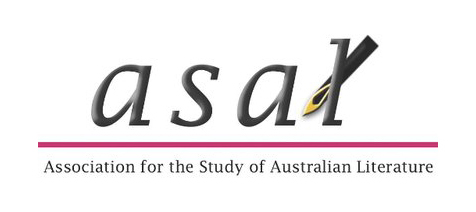09 Oct ASAL Statement on the Voice
The Association for the Study of Australian Literature (ASAL) is the peak body for the teaching and writing of Australian literature. ASAL acknowledges Aboriginal and Torres Strait Islanders as the country’s first storytellers and pays respect to all past, present and emerging writers, teachers and critics who have enhanced our understanding of the life, lands and waters that we call Australia.
Good storytellers need good listeners. History has shown that settler Australians are not always good listeners when it comes to hearing the gift of story offered by Aboriginal and Torres Strait Islander storytellers. But in recent decades the sharp increase in publishing opportunities for poets and novelists and essayists have enriched Australians’ understanding with new perspectives and new voices from across the continent.
The idea of voice, so important to poets, novelists and essayists, is also central to the Uluru Statement from the Heart: Voice; Treaty; Truth. To permanently enshrine a Voice to Parliament is to recognise, acknowledge and listen to the voices of our First Nations people, whose traditions of storytelling reach back into deep time, teaching all Australians how to better think about this place and how to live here.
Acknowledging and recognising Aboriginal and Torres Strait Islander storytellers in the past, present and future, ASAL lends its support to the constitutional amendments proposed in the forthcoming referendum. The Uluru Statement from the Heart was an invitation to listen and to act. A Voice to Parliament enshrined in the Constitution will formalise that invitation, guiding the way towards a more just future for this country.
Please see below for statement from EASA in support:
Support for Voice to Parliament
European Association of Studies of Australia (EASA)
EASA General Meeting 8/9/2023, University of the Balearic Islands
The European Association of Studies of Australia’s aim is to promote Australian culture and
studies across Europe and within tertiary institutions and as such is committed to bridging
cultures while working with Australian researchers and colleagues.
We believe that the establishment of an Indigenous Voice to Parliament would be an
important step towards correcting past injustices, reconciliation and the restoration of
Indigenous Australian sovereignty We thus support the ‘Yes’ proposal that would establish a
constitutionally enshrined representative body for Indigenous Australians.
Furthermore, we hope that as an Indigenous Voice to Parliament is implemented, it will
include necessary steps towards a national Treaty agreement and a Truth-telling process, as
advised by the Uluru Statement.


